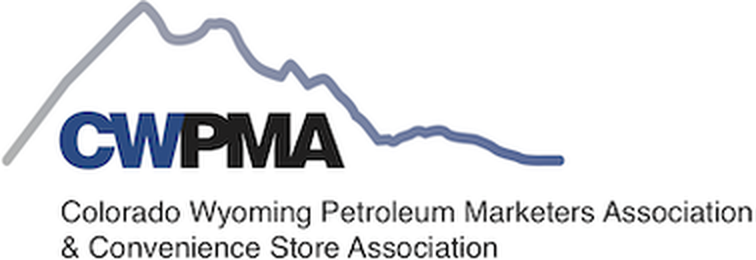It’s a good question on why we have 85 octane rather than 87 as regular unleaded gas in Colorado. As you know, consumers in Colorado have a choice of three grades of gasoline with an anti-knock index (AKI) or octane rating of 85, 87 and 91 respectively. CDLE’s Division of Oil and Public Safety (OPS) governs the gasoline specification requirements in Colorado based on ASTM D4814 standards and Colorado statutes. OPS recommends consumers use the grade of fuel recommended by their vehicle manufacturer.
Although much of the country has adopted 87 octane as a minimum, many Rocky Mountain Region states (Colorado, New Mexico, Utah, Wyoming, Montana, Idaho) continue to market a reduced antiknock rating (85) due to altitude effects on the anti-knock requirement. Studies conducted a few years ago by the Coordinating Research Council, Inc. (CRC) a non-profit corporation on the effects of octane number on engine efficiency, fuel economy and CO2 emissions did not support requiring an 87 octane standard at elevation. Data from these studies showed that using 87 octane instead of 85 octane had no statistically significant impact on fuel consumption, fuel efficiency or air quality at altitude. Arguably, fuel economy with 85 octane at elevation was better than 87 octane at sea level. The increased costs to consumers in Colorado from requiring a minimum 87 octane may actually outweigh the benefits.
http://crcsite.wpengine.com/



